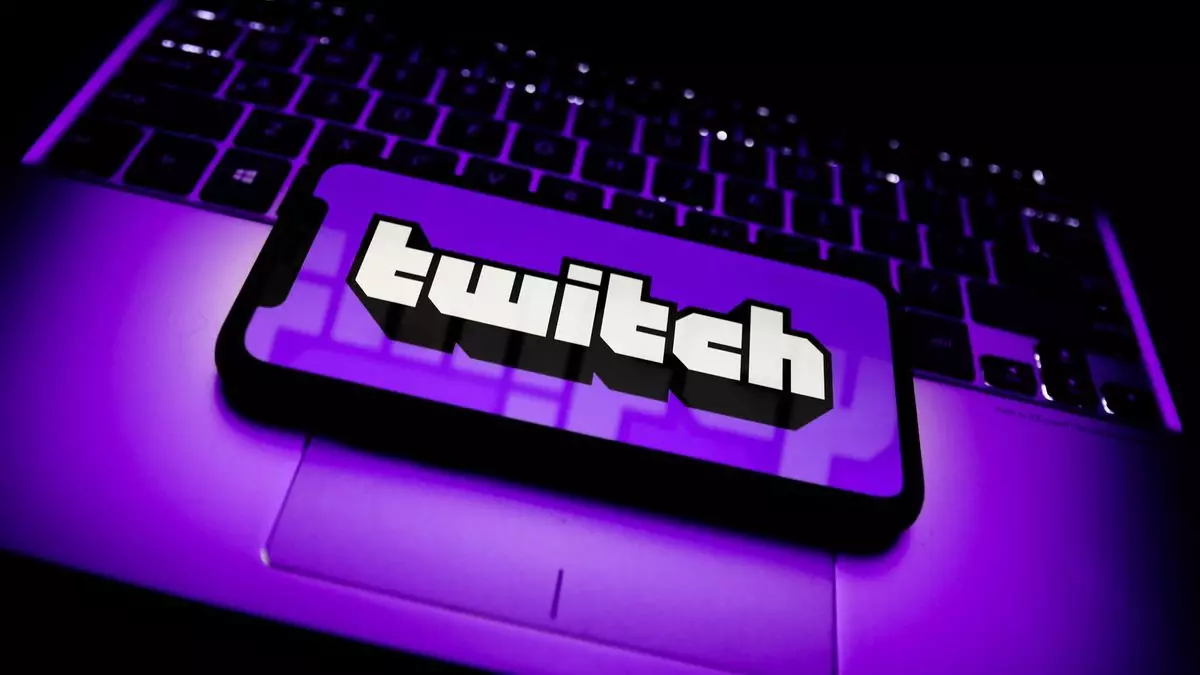As Twitch navigates the complex landscape of content moderation, it recently revised its policy regarding streams focused on politics and sensitive social issues. Initially, the platform mandated content classification labels for streams that cover these topics, generating considerable backlash. The recent updates, however, seem to adapt to concerns from the community, specifically regarding how personal experiences are categorized and the impact this has on streaming safety, visibility, and monetization.
The Initial Policy Rollout and Community Backlash
Just days after Twitch implemented its stringent classification requirements, the response from streamers and viewers alike was swift and intense. Many LGBTQ+ and marginalized creators felt their voices were being silenced, with the classification system framing discussions on their lived experiences as inherently political. The tension escalated following an instance where controversial statements from streamers ignited discussions around racism and discrimination, leading to bans for creators like Zack “Asmongold” Hoyt. This highlighted the precarious balancing act Twitch faces between maintaining a safe and inclusive environment and allowing freedom of expression.
Twitch’s CEO, Dan Clancy, made strong statements against racism and hate speech in this context, yet the new policies inadvertently categorized essential discussions—those pertaining to fundamental human rights—as political, provoking concerns from marginalized communities who viewed this categorization as a form of censorship.
The recent revisions aim to clarify that streams centered on personal experiences do not require a content classification label. This amendment recognizes the importance of lived experiences in conversations about sensitive issues but raises the question of what constitutes a personal experience versus sensitive content. The revamped policy states that labels are only necessary if the discussion is “polarizing or inflammatory.”
While the removal of specific examples—like discussions on LGBTQ+ rights and reproductive issues—from the classification trigger represents a progressive change, many community members remain skeptical. They argue that the language is still vague and open to interpretation, leading to potential misuse where discussions simply beneficial to marginalized groups might be reported as contentious or inflammatory.
A critical point brought up by community feedback is the subjectivity inherent in the terms “polarizing” and “inflammatory.” For instance, a trans person discussing their health care needs or the repercussions of legislation affecting their rights might be framed differently by various audiences. This subjectivity poses a risk of arbitrary enforcement where targeted reporting can see content flagged simply due to differing viewpoints. Critics argue that this ambiguity does not appreciably alleviate fears of harassment and marginalization, particularly for creators from underrepresented groups.
The debate surrounding Twitch’s policy revisions exemplifies broader societal tensions surrounding identity politics, free speech, and the scope of personal expression in a digital environment. The paradox lies in the expectation that platforms like Twitch should foster safe spaces while simultaneously allowing free expression that sometimes skirts the edges of controversy.
In light of the revisions, the community remains vocal about their dissatisfaction, as seen in the large number of votes on Twitch’s UserVoice feedback forum. While the platform introduced clarifications, the outrage persists, signaling that users seek an absolute removal of categorizing discussions of rights. The concern revolves around the potential backlash and safety risks for streamers highlighting their own identities or communities.
The pushback indicates a growing awareness and refusal to accept definitions that pit personal experiences against public discourse. Many believe that a more effective solution would be to find mechanisms that protect creators from targeted harassment rather than imposing broad classifications that might limit pivotal conversations.
Looking Ahead: Finding a Balance
Twitch’s journey towards constructive content regulation mirrors the evolving dialogue around free expression versus safety in digital spaces. While the latest updates signal a willingness to adapt based on community feedback, the challenge lies in finding an effective balance that supports authenticity while protecting users from harassment and hate. The evolving nature of societal norms around identity, rights, and dialogue will undoubtedly influence future policies on platforms like Twitch.
The road ahead requires continued dialogue among stakeholders, including Twitch, its creators, and broader advocacy groups, to ensure that the platform can be a safe and inclusive space for vibrant discussions. The digital age demands a rethinking of what constitutes political discourse, especially as it relates to individual rights and lived experiences, ultimately leading to a culture that embraces diversity and fosters understanding without sacrificing free expression.

